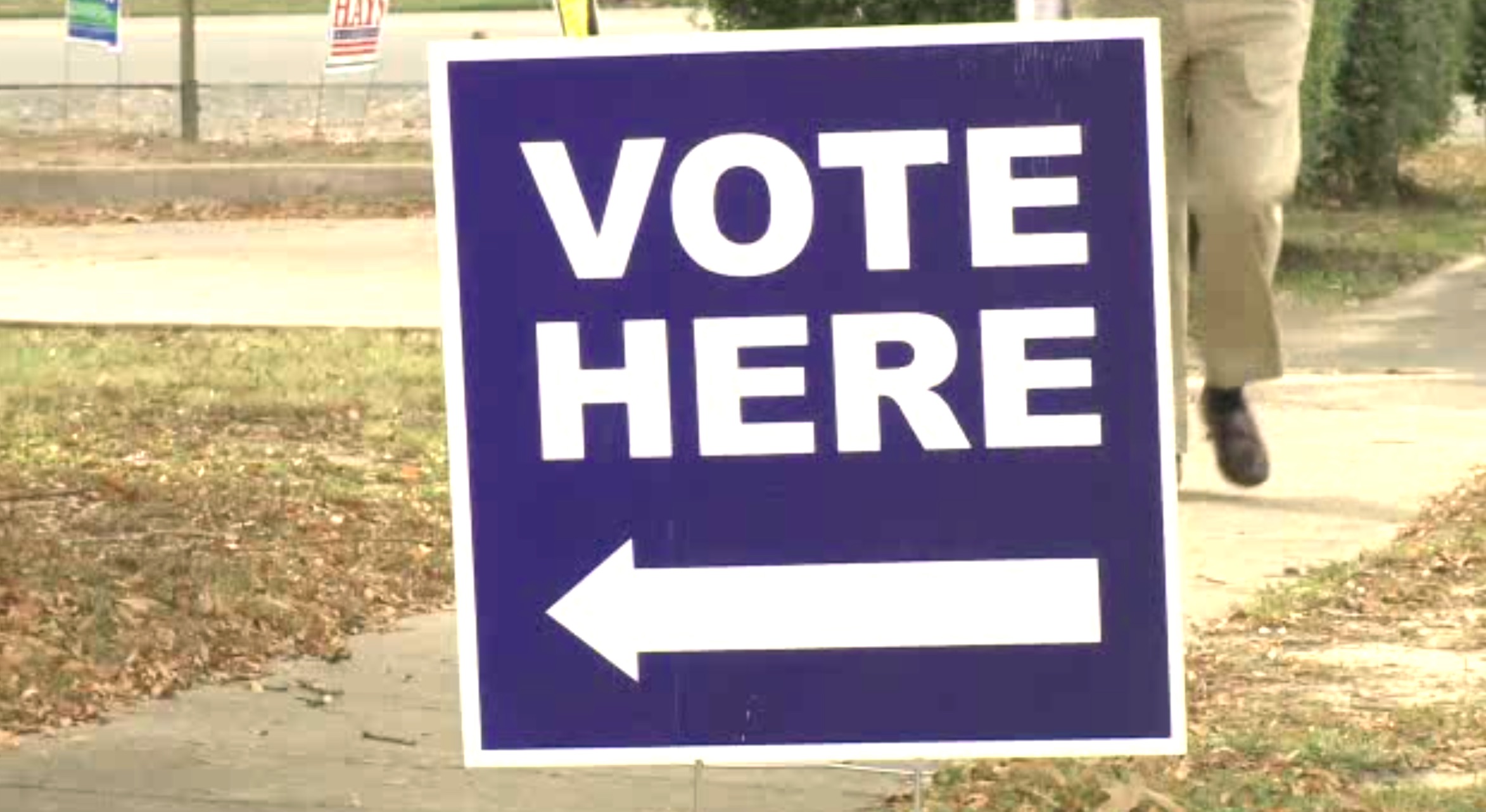The Disney corporation has lost nearly $50 billion in value since the start of March when its support of grooming children under ten for sexual activity began leading the news.
Early this year, Disney went full court press in an attempt to force the state of Florida to ditch its new education law that prevents exposing children under ten to radical sexual grooming for the gay agenda in the state’s schools.
Florida proposed, debated, and passed the new law over the first several months of the year that prevents exposing kids under ten to sexualization and gender ideology in school. But Disney, one of the world’s biggest entertainment companies, lashed out in an attempt to get the law stopped in its tracks.
Why does Disney want to sexualize little kids, and expose children under ten to radical and dangerous gay sex? That, apparently, is what millions of its customers want to know. And many are voting against Disney’s grooming agenda with their feet by stampeding away from Disney’s products.
Per the Washington Examiner:
Disney’s stock has lost nearly $50 billion in value since the start of March, when it took a political gamble to oppose Florida’s controversial new education law.
Disney’s stock was down more than 2% on Friday and by more than 8.5% over the past few days as Florida lawmakers work to punish the company for wading into the state’s politics. The stock’s market cap has declined by about $46.6 billion since March 1, just days before the company came out against the legislation.
It is long past time that corporations stop trying to meddle in politics and just do what they were created to do… make stuff and sell it to us.
Follow Warner Todd Huston on Facebook at: facebook.com/Warner.Todd.Huston, or Truth Social @WarnerToddHuston
Tags: Commentary Disney Florida LGBTQ




















Join the conversation!
We have no tolerance for comments containing violence, racism, vulgarity, profanity, all caps, or discourteous behavior. Thank you for partnering with us to maintain a courteous and useful public environment where we can engage in reasonable discourse.